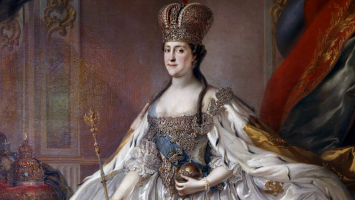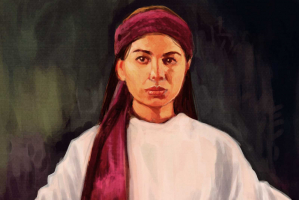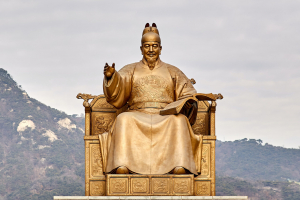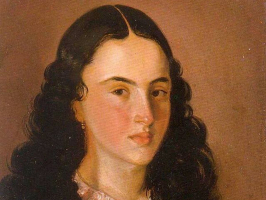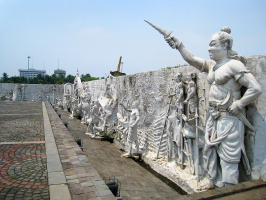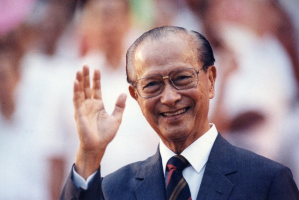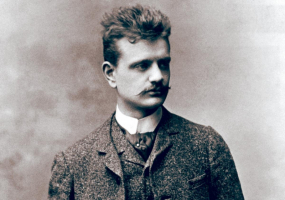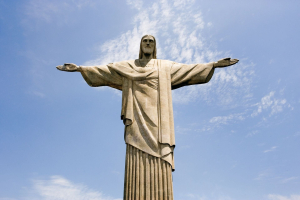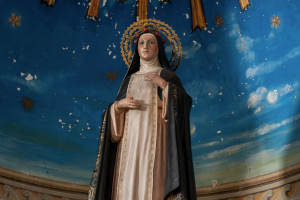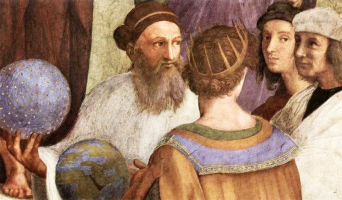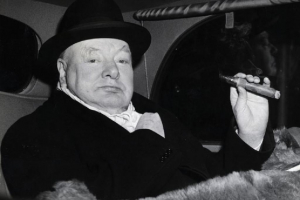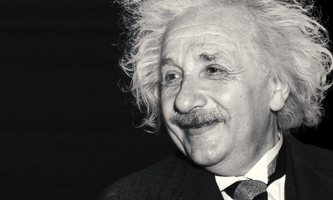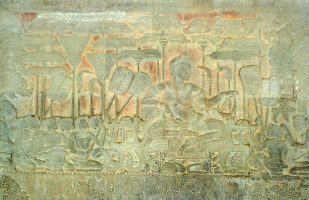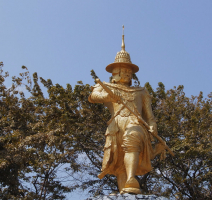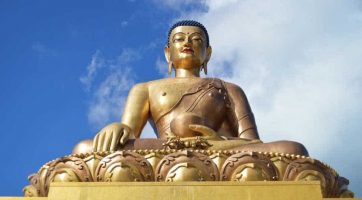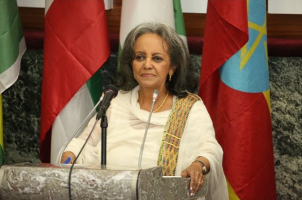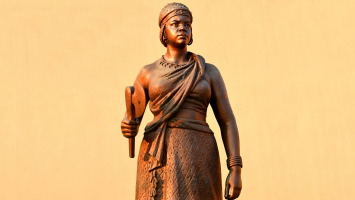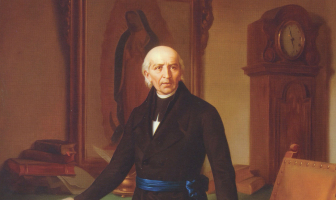Top 4 Most Important Historical Figures In Honduras
The Central American nation of Honduras has had a number of living legends make a name for themselves abroad as well as their contry. Here are the most ... read more...important historical figures in Honduras.
-
Visitación Padilla Irias was a feminist activist and a teacher in Honduras who lived from July 2, 1882, to February 12, 1960, in Comayaguela. In addition to promoting anti-alcohol leagues and fighting for the rights of Honduran women, Padilla created the mutualistic associations of Honduras. Her contribution to the protests against the United Fruit Company of Comayagua's numerous violations was crucial.
Padilla expressed himself verbally in the National Defense Bulletin during the civil war of 1924. In the same year, she led a strong group of Tegucigalpa society ladies in founding the Feminine Cultural Society, which is widely regarded as the first women's organization in the nation. The organization was given government funding in 1926 by the physician Miguel Paz Barahona to proclaim the "day of the mother."
In 1929, Padilla gave up teaching. She received an invitation to the celebration of the newspaper La Gaceta founding the following year (1930). A year later, Carias left his post in the government and permitted the election of generals, which Juan Manuel Gálvez would win. On January 25, 1954, the republic of Honduras approved an official law recognizing women's rights and granting them the right to vote. The president at the time was the accountant Julio Lozano Daz. The relentless activist Padilla was present.
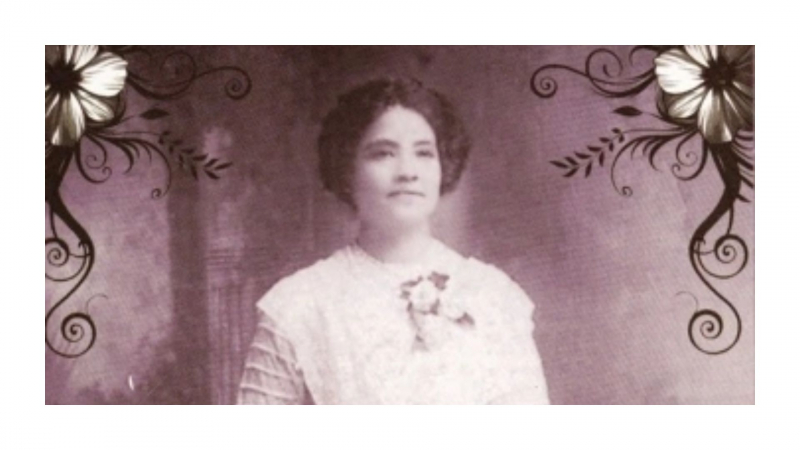
Photo: KODIGO MALVA 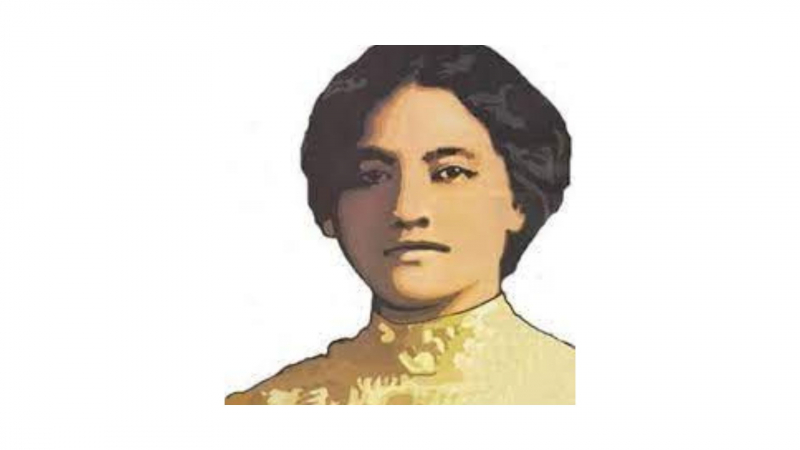
Photo: Facebook -
One of the most significant individuals in Central America during the transition from colonial rule to independence as well as one of the most important historical figures in Honduras, José Cecilio Dáz del Valle (November 22, 1780 – March 2, 1834) was a philosopher, politician, lawyer, and journalist who demonstrated a broad range of expertise in public administration management. One of the founding fathers of Central America was Valle, known as "The Wise”.
On November 22, 1780, in the village of Choluteca, close to the Choluteca River, josé Cecilio del Valle was born. During the time of Spanish rule, this settlement was a part of the historic province of Tegucigalpa, which is today in Honduras. He was chosen as Guatemala City's mayor in 1821, serving in that capacity until June (1821). The same year Central America became independent from Spanish domination. The Central American Act of Independence was written by Jose del Valle. Del Valle did not sign this agreement, hence it has been the subject of debate until this day. However, the majority of historians concurred that he wasn't supposed to sign such a contract. Under Agustin de Iturbide, Central America joined the short-lived Mexican Empire in 1822.
Valle was chosen to serve in the Mexican Congress as a "Guatemalan Representative." 27th August 1822. Valle and other delegates were put in jail on conspiracy charges against the Mexicans. He was released from prison in February 1823 after serving many months there and became foreign minister of Mexico. In the same year, Central America broke away from Mexico. He went back to Guatemala in January 1824, where he served in the second triumvirate that oversaw the provinces of Central America.
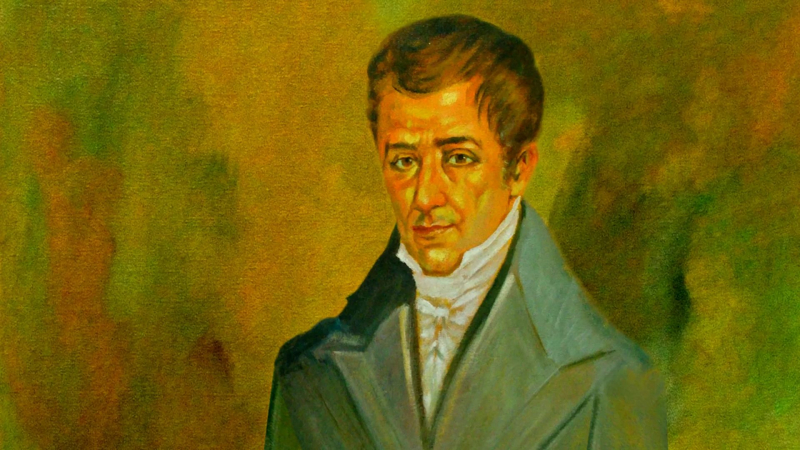
Photo: RedHonduras.com 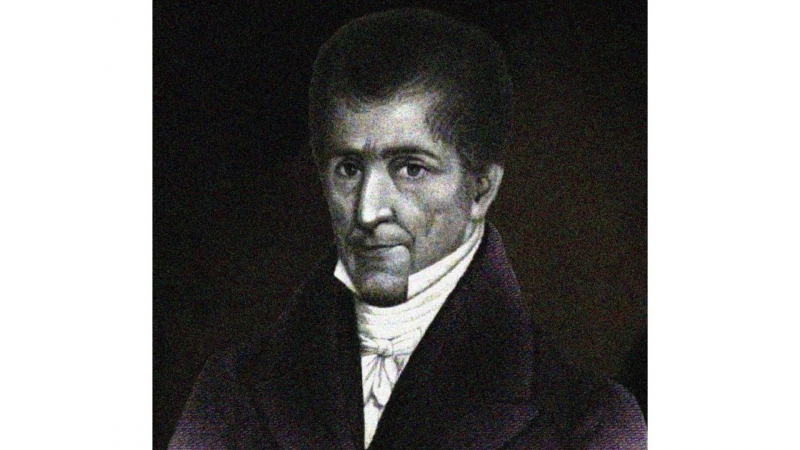
Photo: Wikidata -
Froylán Turcios was a politician, writer, and journalist from Honduras who lived from July 7, 1875, to November 19, 1943. He is regarded as one of the most significant intellectuals from Honduras in the early 20th century. He was deeply ingrained in the Americanist movements and served as the patriotic guerrilla fighter Augusto César Sandino's personal secretary in the Republic of Nicaragua. On a literary level, he was close with Rubén Daro, Juan Ramón Molina, and many other giants of global thought. He worked hard to defend his country and occasionally disagreed with the policies pursued by the United States of America, other nations in the region of Central America, and the Antilles.
He served as interior minister, national congressman, and representative of Honduras in the Geneva League of Nations. He was deeply ingrained in the Americanist fights and served as the patriotic guerrilla fighter Augusto César Sandino's personal secretary in Nicaragua. On a literary level, he was close friends with Rubén Daro, Juan Ramón Molina, and many other figures of global thought. He was a tireless traveler who vigorously defended his country by criticizing the Big Stick strategy that the US had undertaken in the Central American and Caribbean region. He was forced to move into exile in Costa Rica as a result of his significant political activism in support of Sandino.
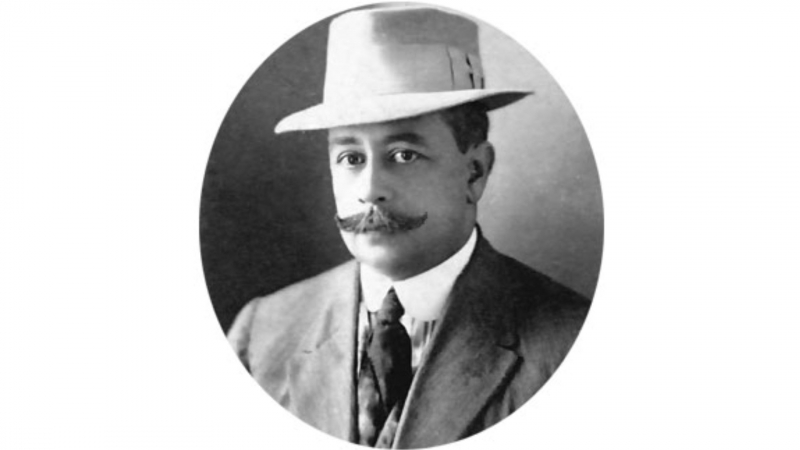
Photo: Biographias y Vidas.com 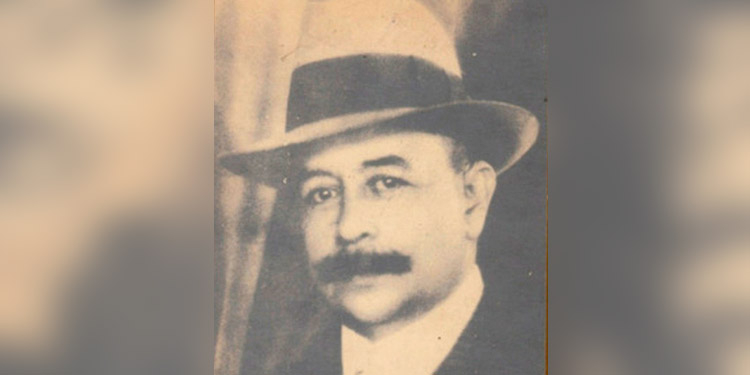
Photo: Diario La Tribuna -
José Francisco Morazán Quesada, a politician from Central America who served as the Federal Republic of Central America's president from 1830 to 1839, was born on October 3, 1792 in Tegucigalpa (then in the Captaincy General of Guatemala, now the capital of Honduras) and died on September 15, 1842. He was the head of state of Honduras before becoming president of Central America. He gained notoriety at the Battle of La Trinidad on November 11, 1827. Morazán then controlled the political and military scene of Central America until his execution in 1842. He is also considered as one of the most important historical figures in Honduras.
Francisco Morazán was regarded as a visionary and brilliant thinker in the political sphere as he worked to unite and advance Central America. He established liberal reforms, including freedom of the press, freedom of expression, and freedom of religion, in the new Federal Republic of Central America. By legalizing homosexuality and doing away with government-sponsored tithing, Morazán also reduced the influence of the church. His administration was marred by acrimonious internal strife between liberals and conservatives as a result of his reforms, which created him some formidable adversaries. However, because of his military prowess, Morazán was able to maintain his hold on power until 1837, when the Federal Republic irreparably broke apart. The conservative elites took advantage of this, supporting Rafael Carrera as president, and in order to forward their own agenda, they divided Central America into five countries.
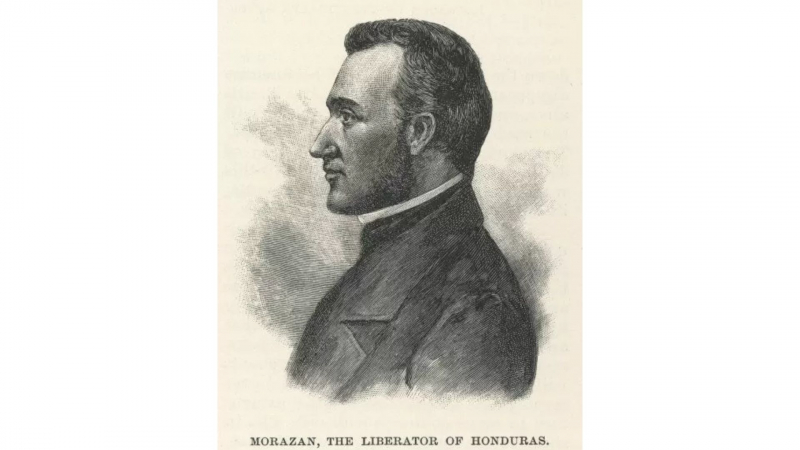
Photo: Mary Evans Prints Online 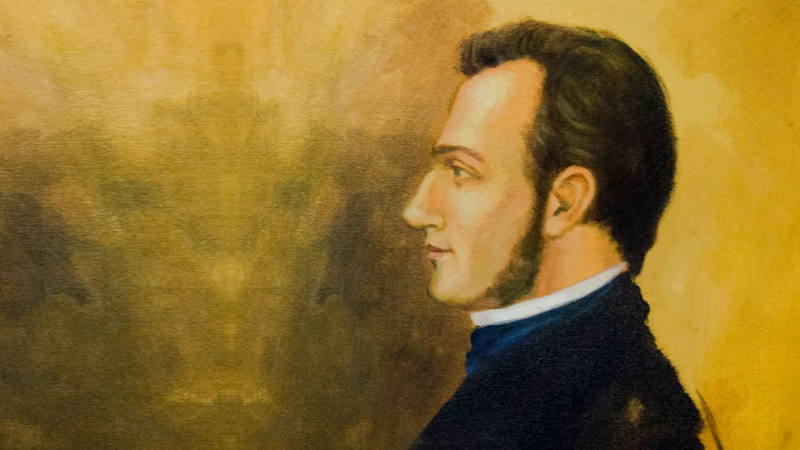
Photo: RedHonduras.com






